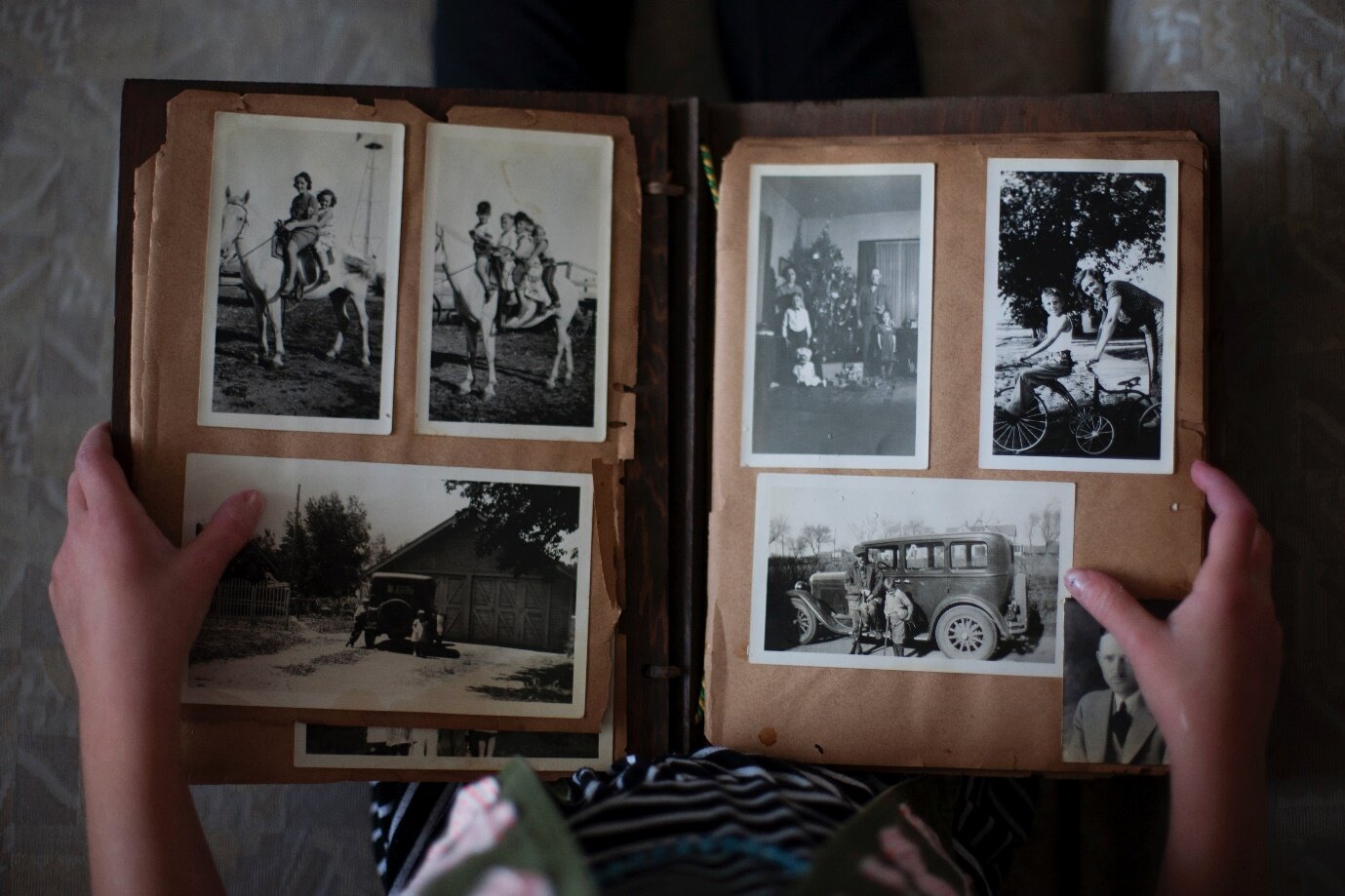Are DNA Testing Kits Worth a Try?
/Photo by National Cancer Institute on Unsplash
Over the past few years, DNA testing kits have increased in popularity across the world. For some, sending off a DNA sample is an enjoyable pastime. For others, those tests hold the answers to lifelong questions. But is it actually worth a try?
Photo by National Cancer Institute on Unsplash
There are many ways to acquire a testing kit. It’s good to research is which testing company is right for you. And the tests themselves are very simple. A mouth swab is taken at home, signed, and seal with an acceptance form, and a few weeks later, the results arrive.
Learning about your DNA is both exciting and enjoyable. DNA, or deoxyribonucleic acid, is the molecule that contains the genetic code of organisms. The DNA in a person is a combination of the DNA from each of their parents. It’s the genetic code that determines all the characteristics of a living thing. And when you use a DNA testing kit, your results include a breakdown of your genetic ethnicity, as well as potential DNA matches.
One of the main reasons DNA testing kits are worth a try is because they’re a stepping stone to discovering your history. Many people are eager to explore their genealogy by tracing their lineages. In a world of almost 8 billion people, it’s fascinating to learn who lived before us and how we are linked to them. Humankind as a whole is a mesmerising web of relations. Most learn about their dynasty from their parents and grandparents. Stories often pass from generation to generation. However, these old tales can often become scrambled over time. In history, names have changed or been erased. Some lines abruptly come to an end, but a DNA test may just fill in the rest of that trail.
Photo by Laura Fuhrman on Unsplash
As humans, we have a natural desire to feel like we belong. We take comfort in connecting with people who are similar to us; it strengthens our sense of self. And establishing your background helps us to better understand who we are. Not all have the luxury of knowing the exact history of our ancestors. For a large majority, lines blur as their ancestors travelled and spread across the globe. KOLD News 13 tells the story of one family in Arizona, USA, a family was reconnected through the results of an AncestryDNA test. Like other in that case, some people are adopted from birth and never get the chance to learn about their past.
Moreover, as time passes, people lose touch and therefore lose track of family. It’s even harder to trace relations who lived in an era of little documentation. Still, there is hope, because DNA testing kits can help us to find those long-lost relatives.
Knowing your family history can also help you manage or minimise future illnesses. Many sicknesses that run in families can be detected in DNA kits. For example, 23andMe’s testing kit will tell you the risks of diseases such as breast cancer, early-onset Alzheimer’s, Parkinson’s and Celiac disease. While the results are not a diagnosis, they can still inform you of any genetic markers present in your genetic makeup.
But how reliable are the tests? Surely their value depends on their accuracy? AncestryDNA claims it has an accuracy rate of 99%, as do many other genealogy companies such as 23andMe and MyHeritage. Even if the results aren’t perfect, it’s beneficial to gain at least some insight into your culture and identity. It’s important to note, if you have concerns about the way your DNA is processed, read the terms and conditions of each testing kit before submitting your sample. They will answer your questions!
Photo by Tyler Nix on Unsplash
So, are DNA testing kits worth a try? In a word, yes. They can act as a fun at-home experiment, or become the door into the deeper exploration of family history.




